The rule for writing Curriculum Vitae (CV) for the master’s degree programs study abroad is not the same as for applying for regular jobs. In your Curriculum Vitae, you will need to show your achievements to the admission committee that your skills are suitable for the master’s program. This CV writing is not only for admission but also helps you when you apply for an abroad scholarship.
The following CV tips will help you to prepare your future Master’s program admission application:
5 Steps to Make Curriculum Vitae For master Application
#1. Difference Between A Curriculum And A Curriculum Vitae?
Do You Know the Difference between a Resume and Curriculum Vitae? don’t worry. while both documents contain a short history of the applicant.
A resume focuses more on your professional achievement and on another side, Curriculum Vitae highlights your academic accomplishments.
Consequently, most master’s admission applications required a CV. The main exception is when you apply for an MBA; In this case, most universities request your resume.
#2. Focus on your Academic Background.
A golden rule for writing a CV for a master’s application is to emphasize your academic accomplishments over professional achievement. You should definitely mention your job’s work experience but mention your educational detail more in detail.
In addition to identifying your alma mater, the degree you obtained and when you graduated, you should mention some of the most relevant courses you have taken and the academic awards you have obtained, especially those most relevant to your field of study.
But don’t rush in your description. Each entry in your CV only contains necessary and to-the-point information in three to four bullets.
Also Check: Top 7 Countries To Study Abroad In Europe For International Students
#3. Internships and Volunteer Work Matter More
Internships or volunteer work show admissions directors what their interests are, but also that they are willing to work hard for reasons other than immediate financial gains.
If you want to change academic areas, volunteer work or internships can help close the gap between your current and desired specialization.
Volunteer work and internship not only show your interest to the admission committee but also that you are willing to work hard to obtain your goal, not for financial gains.
Here you can focus on what you have done in a previous internship or volunteer work not what you think. Provide short and necessary information to the admission officer so they can draw conclusions about you.
Teaching experience impresses more to the admission committee more because that is half of what academia is about. So be sure and don’t forget to mention internship, volunteering work, or paid position in which you were a teacher or teacher assistant.
#4. Use Powerful Language and Have A Clear Structure
The ideal CV length is only 1-2 pages. What About CV Conclusion? A CV is not a regular document where you can waste words and add unnecessary fluff. You should choose meaningful words so they can convey a lot about your achievements in a limited space.
Watch out for internet clichés taken from CV templates or examples, which will only tell the admission committee that you read an article about how to write a CV. This includes buzzwords like “detail-oriented”, which the commission already heard one too many times.
The structure of your CV is also very important for your master’s application and a Well-structured CV should include the following:
- The header Of the CV starts with your name and contact detail.
- Clearly define the Section of the CV with a heading for technical content e.g. ‘relevant work experience, ‘area of interest, ‘skills’
- Include Description usually in Bullet point style.
- All entries in reserve order most recent to earliest.
Also Check: Study In Greece: Top Universities, Study Visa, Tuition Fees, Living Cost
Typical sections to include in your academic CV
- Research Interest: This will show that you care about the same topic to which you are going to apply.
- Education: Mention in chronological order from latest to earliest with the corresponding CGPA.
- Publications: List your publication with a hyperlink so the admission officer checks your writing work.
- Honors and Awards: Only mention impressive awards and honors such as winning a college scholarship.
- Teaching Experiences: This will show your interest in an academic career.
- Work Experiences: Mention your prevalent work experience if you have any.
- Computer Skills: Mention your computer skills which might be necessary for your applied program.
- Language Skills: Language tests (TOEFL, TOEFL, GRE, etc.)
- Memberships: Mention if you are a member of any organization that relevant to your applied study program.
#5. Why proofreading is important?
Your CV is your “business card.” Everything you put should be presented carefully and politely. This means adapting it to each application and editing it to ensure you get the best possible light. So, carefully proofread your CV and also take help from your friends and colleagues.
Please Subscribe to Our Telegram Channel And WhatsApp Channel To Get The Latest Scholarship Updates.
Also Check: Top 10 Tuition-Free Universities In Germany For International Students

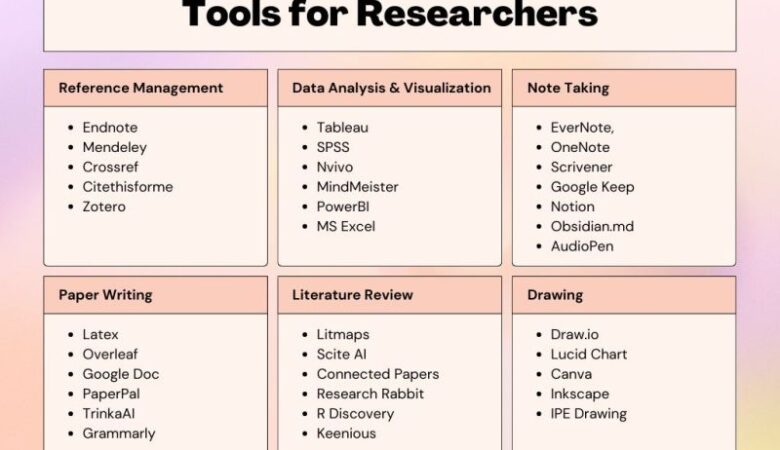

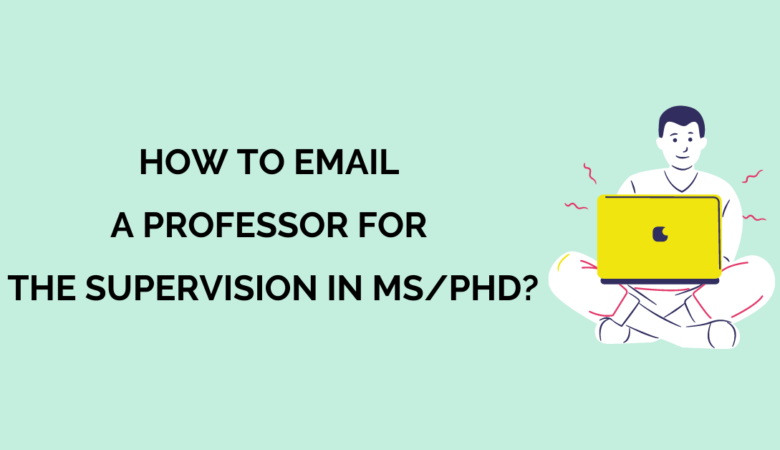
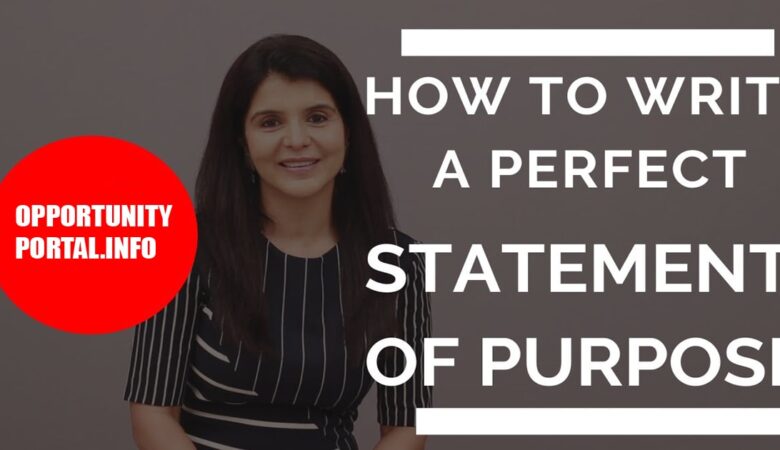
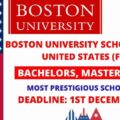
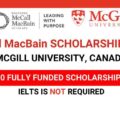
Interesting
i need scholarship
This is very educative, I am searching for a scholarship for MSc program in Environmental Science/Environmental Studies/Environmental Engineering/Geoscience/ Geographic Information System/Exploration etc.